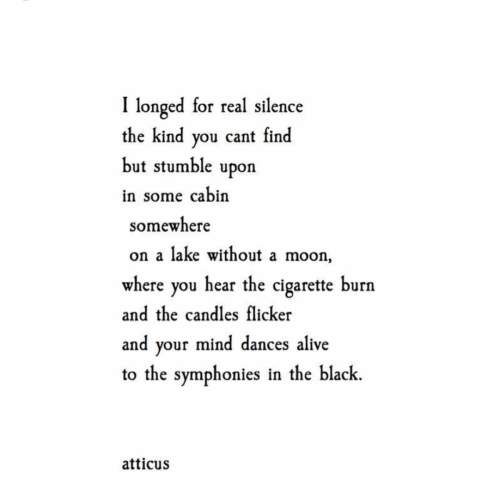
Read the passage from sugar changed the world. by the late 1700s, saint domingue (what is now haiti) was the world center of sugar. so many sugar plantations dotted the landscape that slaves called commanders managed other slaves. on the night of august 14, 1791, commanders from the richest sugar plantations in saint domingue gathered in a place called alligator woods and swore a solemn oath. they would rise up against their white owners, "and listen to the voice of liberty which speaks in the hearts of all of us." that voice told them to destroy everything related to sugar. sugar made the africans slaves, so sugar must be wiped off the island, now a vast sugar factory to the world. by the end of august, the french colony was in flames. so many cane fields were on fire that the air was filled with "a rain of fire composed of burning bits of cane-straw which whirled like thick snow." smashing mills, destroying warehouses, setting fields on fire, the freedom fighters demolished some one thousand plantations—and that was just in the first two months of their revolution. the fight against sugar and chains soon had a leader, toussaint, who called himself "l’ouverture"—the opening. toussaint was making a space, an opening, for people to be free. how do the authors use historical evidence to support their claim in this passage? they use primary-source quotations to show that enslaved people in saint domingue were willing to destroy property to gain their freedom. they use secondary-source quotations to show the plan that the commanders devised in alligator woods in august of 1791. they use primary-source information to describe the role of commanders on sugar plantations in saint domingue. they use secondary-source information to describe toussaint’s plan to enslave all the people working on the sugar plantations.

Answers: 1


Another question on English

English, 21.06.2019 19:10
Read the passage from sugar changed the world. but there is another story as well. information about sugar spread as human knowledge expanded, as great civilizations and cultures exchanged ideas. in fact, while sugar was the direct cause of the expansion of slavery, the global connections that sugar brought about also fostered the most powerful ideas of human freedom. how do the details in this passage support the authors’ purpose? the details about the expansion of sugar inform readers about how widespread the use of sugar was. the details about human knowledge inform readers about how humans learned about sugar. the details about ideas and global connections persuade readers that sugar’s story has multiple consequences. the details about the spread of information about sugar entertain readers with stories of travel.
Answers: 1


English, 22.06.2019 03:00
Idon't know which one from these two forms is correct! "he believed that the technology of the future would allow robots to do the same tasks as a human." or "he believed that the technology of the future would have allowed robots to do the same tasks as a human. , it's ! i need your !
Answers: 1

English, 22.06.2019 06:10
Of the three selections you read in this lesson, discuss the one story or poem that you think most closely represents the transcendentalist way of thinking. include textual evidence from both short story or poem and emerson or thoreau's essay that you use as an example. you should have no less than eight to ten sentences.
Answers: 2
You know the right answer?
Read the passage from sugar changed the world. by the late 1700s, saint domingue (what is now haiti...
Questions







History, 01.10.2021 19:10

Mathematics, 01.10.2021 19:10

Mathematics, 01.10.2021 19:10



Social Studies, 01.10.2021 19:10


Mathematics, 01.10.2021 19:10


Mathematics, 01.10.2021 19:10


Mathematics, 01.10.2021 19:10

English, 01.10.2021 19:10

Physics, 01.10.2021 19:10




